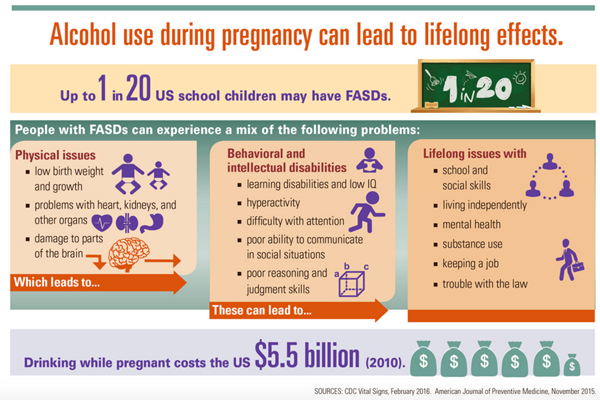Unlock the mystery behind your alcohol tolerance levels and learn how your body processes alcohol from buzzed to blasted.
Table of Contents
Alcohol consumption has been a part of human culture for centuries, with its effects ranging from social lubrication to potential intoxication. One common question that often arises when it comes to drinking is: how many beers does it take to get drunk? The answer to this question is not as straightforward as one might think, as it depends on a variety of factors including alcohol metabolism, individual tolerance levels, and other influencing variables.
Factors Influencing Alcohol Metabolism
Alcohol metabolism primarily occurs in the liver through enzymatic pathways. One of the key enzymes involved in alcohol metabolism is alcohol dehydrogenase, which breaks down ethanol into acetaldehyde. From there, acetaldehyde is further metabolized into acetate by aldehyde dehydrogenase. These enzymatic processes can vary in efficiency from person to person due to factors such as age, gender, weight, and genetics.
Individual Tolerance Levels
alcohol tolerance refers to how much alcohol a person can consume before feeling intoxicated. This tolerance level can vary widely among individuals and is influenced by a variety of factors. Previous alcohol consumption plays a role in determining tolerance, as frequent drinkers may develop a higher tolerance than occasional drinkers. Additionally, factors such as hydration levels, food consumption, and overall health can impact how alcohol affects the body.
Understanding Your Limits
Knowing your own alcohol tolerance is essential for responsible drinking. Recognizing the signs of intoxication, such as slurred speech, impaired coordination, and changes in behavior, can help you gauge when to stop drinking. It’s important to pace yourself and alternate between alcoholic and non-alcoholic beverages to prevent overconsumption. Being mindful of your personal tolerance levels and setting limits for yourself can help ensure a safe and enjoyable drinking experience.

Image courtesy of www.lamaze.org via Google Images
Conclusion
Understanding the science behind alcohol metabolism and individual tolerance levels is crucial for making informed decisions about alcohol consumption. By delving into the factors that influence how alcohol affects the body, you can better navigate social situations involving alcohol and protect your health and safety. Remember, each person’s tolerance to alcohol is unique, so it’s important to listen to your body and drink responsibly. Cheers to staying safe and informed on your journey from buzzy to blasted!
FAQs
How can I improve my alcohol tolerance?
Answer 1: You can improve your alcohol tolerance by staying hydrated, eating before drinking, pacing yourself, and knowing your limits. Building tolerance takes time and should be done gradually and responsibly.
Is it true that some people have a natural higher alcohol tolerance?
Answer 2: Yes, genetics can play a role in alcohol tolerance levels. Some people have a higher expression of the enzymes involved in alcohol metabolism, which can lead to a higher tolerance. However, tolerance can also be influenced by lifestyle factors.
Can alcohol tolerance change over time?
Answer 3: Yes, alcohol tolerance can change over time due to factors such as age, health, and lifestyle. Regular alcohol consumption can lead to increased tolerance, while periods of abstinence or changes in health can decrease tolerance levels.
What are the dangers of exceeding my alcohol tolerance?
Answer 4: Exceeding your alcohol tolerance can lead to alcohol poisoning, impaired judgment, increased risk of accidents, and long-term health consequences. It’s important to know your limits, drink responsibly, and seek help if you or someone you know shows signs of alcohol poisoning.
Generated by Texta.ai Blog Automation


Leave a Reply